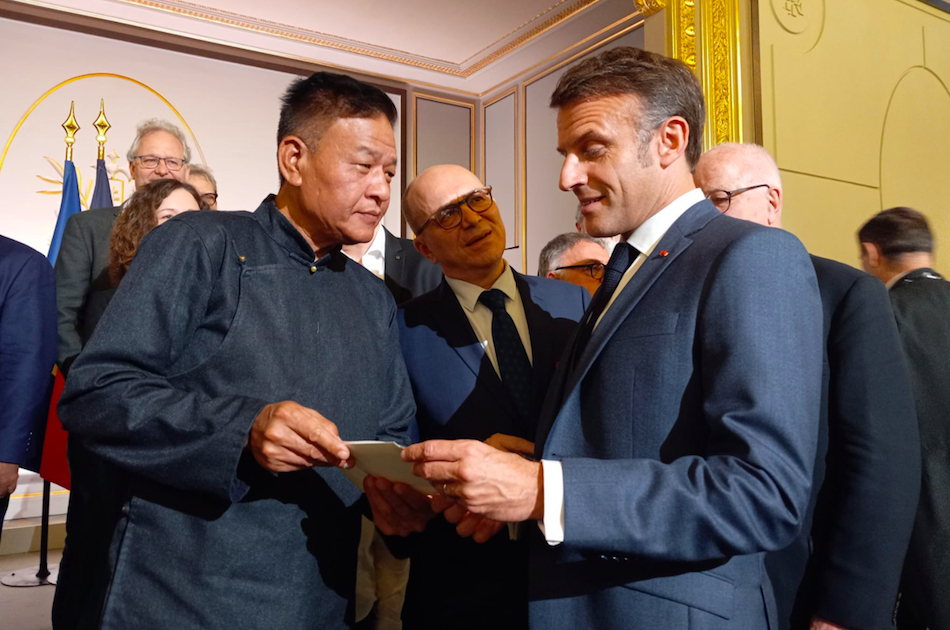By Tenzin Nyidon
DHARAMSHALA, April 21: Tech giant Apple has removed two Meta-owned apps WhatsApp and Threads from its app store in China on Friday following directives from the country’s internet watchdog, the Cyberspace Administration of China, which cited ‘national security’ concerns as its reason for the move.
The tech conglomerate confirmed that the apps, both owned by Meta, were already blocked in China and neither was widely used. Access to these apps within the country required the use of virtual private networks (VPNs) to encrypt internet traffic and mask users’ online identities. As of now, other popular Western social media platforms, such as X (formerly Twitter), Facebook, Instagram and Messenger remain accessible on Apple’s China app store.
In response to the removal, an Apple spokesperson emphasised the company’s commitment to adhering to local laws, even in cases of disagreement. “The Cyberspace Administration of China ordered the removal of these apps from the China storefront based on their national security concerns. These apps remain available for download on all other storefronts where they appear,” the spokesperson said following the removal of WhatsApp and Threads from its app store. “We are obligated to follow the laws in the countries where we operate, even when we disagree.”
Duncan Clark, chairman of Beijing-based investment advisory BDA China, said that Apple’s decision to remove the apps exacerbates the growing divide between tech ecosystems. This move could pose an inconvenience to users and businesses that depend on these platforms for cross-border communication. Moreover, the removal coincides with Apple’s declining iPhone sales in China, indicating potential implications for the company’s market position amidst rising nationalism and preference for domestic brands, including Xiaomi and OPPO/One Plus, potentially escalating the war over technology between the United States and China.
Many say that China’s ruling Communist party is intensifying its oversight of internet usage within the country. This includes extensive censorship of sensitive subjects on social media platforms and heightened surveillance of communication channels.










